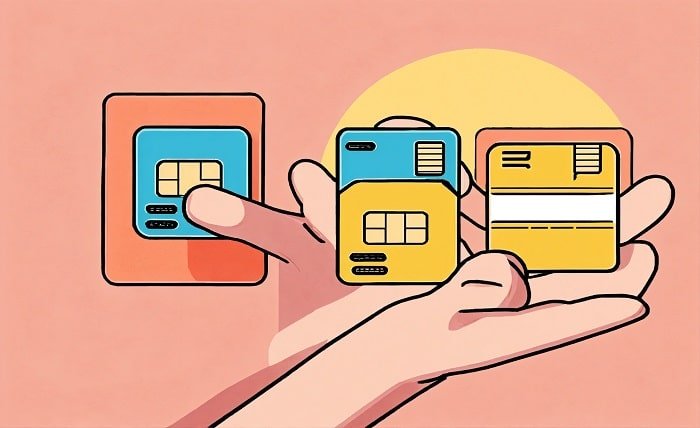Introduction
In the digital age, information is at our fingertips, and a reverse directory is one of the most intriguing tools available. This guide delves into how reverse directories function, their benefits, and various ways to utilize them effectively in personal and professional settings.
What is a Reverse Directory?
A reverse directory allows users to identify the owner of a phone number or address by entering that information into a search system. Unlike traditional directories, which list contact details based on name or business, reverse directories work in the opposite direction.
The Evolution of Reverse Directories
From paper-based books to dynamic online databases, reverse directories have evolved significantly. This evolution has expanded their functionality and accessibility, making them a critical tool in our interconnected world.
Key Benefits of Using a Reverse Directory
Reverse directories offer numerous benefits, including enhanced privacy, improved business communications, and the ability to reconnect with old contacts. They serve as a powerful resource for anyone needing to verify the source of a contact detail.
How Businesses Utilize Reverse Directories
Businesses frequently use reverse directories for background checks, customer verification, and lead generation. This tool is invaluable for enhancing customer service and marketing strategies by providing detailed customer insights.
Reverse Directories in Personal Use
Individuals use reverse directories for various reasons, such as identifying unknown callers, confirming addresses, and ensuring personal safety. This service can help avoid potential scams and unwanted communications.
Legal and Ethical Considerations
While reverse directories are incredibly useful, they come with legal and ethical responsibilities. Users must be aware of privacy laws and the ethical implications of accessing and using personal information.
Tips for Effective Use of Reverse Directories
To maximize the benefits of reverse directories, users should choose reputable services, understand the tool’s scope, and use the information responsibly. Ensuring accuracy and up-to-date data is also crucial.
Common Misconceptions About Reverse Directories
Many misconceptions surround reverse directories, such as concerns about legality and privacy. This section dispels myths and clarifies what reverse directories can and cannot do.
Comparing Providers of Reverse Directory Services
Not all reverse directory services are created equal. Comparing features, pricing, and user reviews can help you select the best service for your needs, ensuring reliability and comprehensive data access.
Future of Reverse Directories
The future of reverse directories looks promising, with advancements in AI and machine learning potentially enhancing their accuracy and speed. These improvements could revolutionize how we access and utilize reverse data.
Conclusion
Reverse directories are a valuable tool for anyone looking to gain insights from a phone number or address. By understanding and utilizing these directories properly, users can enhance their communication strategies, ensure personal safety, and maintain privacy. As technology advances, the capabilities of reverse directories will only grow, making them an even more essential part of our digital lives.
FAQs
Q1: Is using a reverse directory legal?
A1: Yes, using a reverse directory is legal as long as you abide by applicable laws and use the information for legitimate purposes.
Q2: Can reverse directories provide email addresses?
A2: Some reverse directory services do include email searches, though availability and accuracy can vary widely.
Q3: Are all reverse directory services free?
A3: Many reverse directory services offer basic searches for free, but detailed information might require a paid subscription.
Q4: How accurate are reverse directories?
A4: Accuracy can vary. Reputable providers frequently update their databases to ensure reliability, but users should always verify information through multiple sources.
Q5: Can I remove my information from a reverse directory?
A5: Yes, most reverse directory services provide options to opt-out or remove your information, though the process and ease of removal can vary by service.



